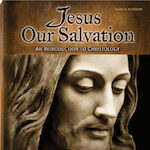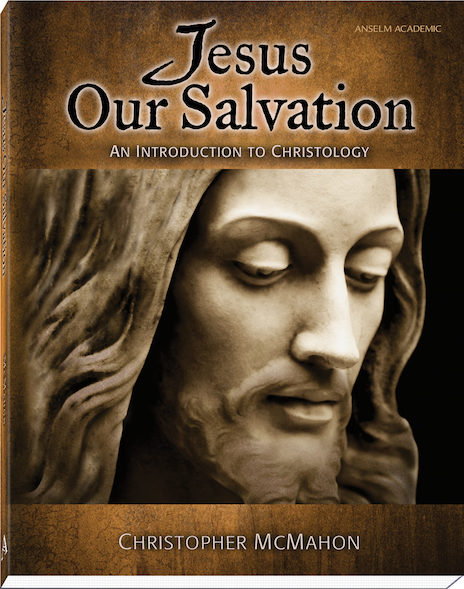Overview
Designed for College Students Taking Their First Course in Christology
Jesus Our Salvation: An Introduction to Christology is written in an engaging style and is enhanced by pedagogical elements which make the complex material accessible to the student reader. Jesus Our Salvation is both sensitive to the challenges of contemporary Christology and well-grounded in Catholic identity. The book maintains a positive, though critical, dialogue with many voices in the Christian tradition, including those of the classical tradition, historical Jesus research, the evangelical tradition, and contemporary theological thought. It addresses important issues of today, such as Christology's capacity to promote social transformation and the questions that are raised about Jesus from the perspective of religious pluralism.
Product Details
Copyright: Sept. 21, 2007
Format: Paperbound
Size: 7.25 x 9.125
Length: 288 pages
Item number: 7003
ISBN: 978-0-88489-958-7
ISBN-10: 0-88489-958-6
Customer Reviews
By Sr. Shannon Schrein, OSF, PhD, Lourdes College, Ohio
Editorial Reviews
Horizons, Fall, 2008, Vol. 35
Jesus Our Salvation is a fresh take on the low, ascending approach to Christology. McMahon consistently and deftly demonstrates the problems and possibilities of both low and high Christological starting points. Over the course of eight chapters he displays a thoroughgoing command of the history, biblical scholarship. and diverse perspectives that inform contemporary Christology. A renewed understanding of Christianity's relationship to Judaism as well as a sensitivity to non-Christian religions pervade the text. He refuses to privilege stances that can become ideological in favor of a pedagogical posture that teaches students that Christology is neither a closed system nor the mere repetition of formulae but "the product of innovative and creative thinking" (p. 150).
McMahon reserves the sixth chapter for soteriology, but it is evident that the question of salvation movingly motivates his entire discussion of Christology.
The book is user-friendly for both professor and student. McMahon's fluid and engaging style will invite student interest. Rejecting a doctrinaire approach, he sets a constructive and positive tone by confronting the contemporary attitudes of indifference as well as the retreat into the personal. In different ways McMahon poses the ever-present student questions: "Why should I care?" and "What difference does it make?" Technical and unfamiliar terms and phrases appear in boldface and are explained in an accessible glossary. Students thus get the help they need to understand a new language but are not distracted by numerous and lengthy footnotes.
Chapters average approximately 30 pages, allowing teachers to supplement the text with brief primary readings. Insets numbering from a minimum of six to a maximum of 10 chapters with charts of the material, excursions into historical context, comparisons with 10 non-Christian religions, and brief introductions to "person[s] of interest." With these additions to the text, professors will find that they will need fewer handouts and PowerPoint slides.
Concluding questions for understanding and questions for reflection provide opportunities for discussions and assignments.
Though McMahon explicitly states his debt to Bernard Lonergan and William Loewe, his text offers a new, soteriologically focused account of Christological reflection for the 21st century.



